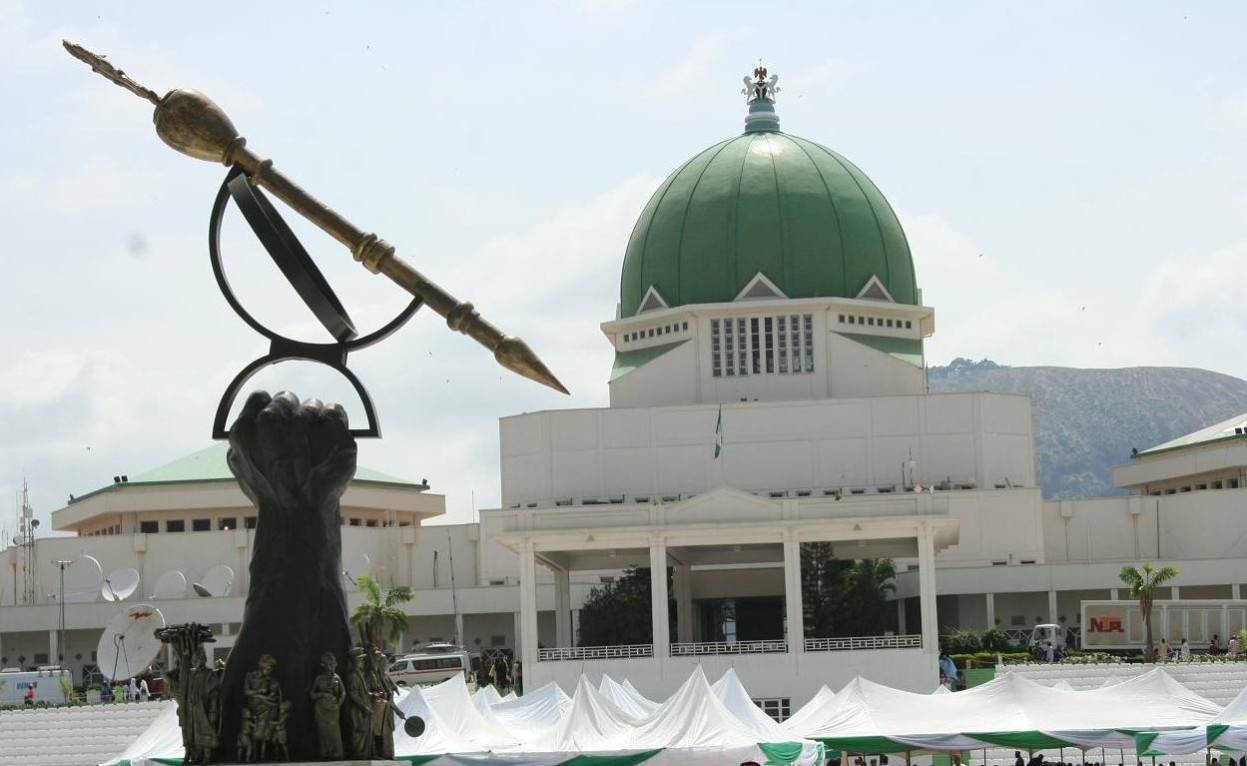National Assembly passed 213 bills in three-Year

As the Nigeria’s 8th Senate rounds off its third year following its inauguration, June 9, 2015, it has so far passed 213 bills, just as it has also cleared 138 petitions from members of the public.
This the Senate under Senate President, Dr. Bukola Saraki, said that the record has surpassed the records of of the entire four- year term of every previous Senate.
Meanwhile, available records have shown that President Muhammadu Buhari-led Federal Executive has sent only 12 bills to the present National Assembly since its inception The 12 bills are apart from the statutory budgets related bills.
According to the legislative records, the Bills sponsored in both chambers of the Federal Legislature in the last 37 months include: Communications Service Tax Bill 2015; Money Laundering (Prevention and Prohibition) Act 2011 (Repeal and Reenactment) Bill, 2016; Mutual Assistance in Criminal Matters Bill, 2016; Chartered Institute of Directors of Nigeria (Est. etc,) Bill, 2017; National Lottery Act (Amendment) Bill, 2017 and the National Water Resources Bill, 2017.
Others are the National Centre for Disease Control and Prevention (Est. etc,) Bill, 2017; Chartered Institute of Forensic and Investigative Auditors in Nigeria (Est. etc,) Bill, 2017; Federal Institute of Industrial Research Bill, 2017; Raw Materials Research and Development Council (Repeal and Reenactment) Bill, 2018; Nigeria Natural Medicine Development Agency (Est. etc,) Bill, 2018 and the Minerals and Mining Bills,2018.
It was noted that of the 12 Bills, only two were aimed at enhancing the anti-corruption crusade of the government.
While the Mutual Assistance in Criminal Matters Bill, 2016 has been passed by the National Assembly, the other one – Money Laundering (Prevention and Prohibition) Act 2011 (Repeal and Reenactment) Bill, 2016 – was withdrawn by the executive due to reported disagreement between the Office of the Attorney-General of the Federation and Minister of Justice, Abubakar Malami, and the chairman of the Economic and Financial Crimes Commission (EFCC), Ibrahim Magu.
Meanwhile, the Senate has passed four other bills in support of the anti-corruption agenda of the present administration, namely – Witness Protection Bill, the Whistleblower Protection Bill, Federal Audit Service Commission Bill and the Nigerian Financial Intelligence Unit Bill (NFIU. These four bills were sponsored by individual Senators as private member bills.
On the other executive bills forwarded to the National Assembly, the report of the Chartered Institute of Directors of Nigeria (Est. etc,) Bill, 2017 has since been laid and awaiting final consideration and passage by the Senate, while the rest are at different stages of legislative scrutiny by the relevant committees.
Meanwhile, the National Water Resources Bill, 2017 had to be stood down after its consideration at the second reading stage following the irreconcilable differences among the Senators as they sharply disagreed.
The debate on the bill at the Senate plenary showed serious division along geo-pllitical lines among the Senators.
It was believed that the Buhari Government, at its inception, will work vigorously to introduce new and radical policies which need to be backed up with innovative, comprehensive and appropriate legislations that will come in form of executive bills.









0 Comments